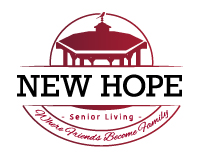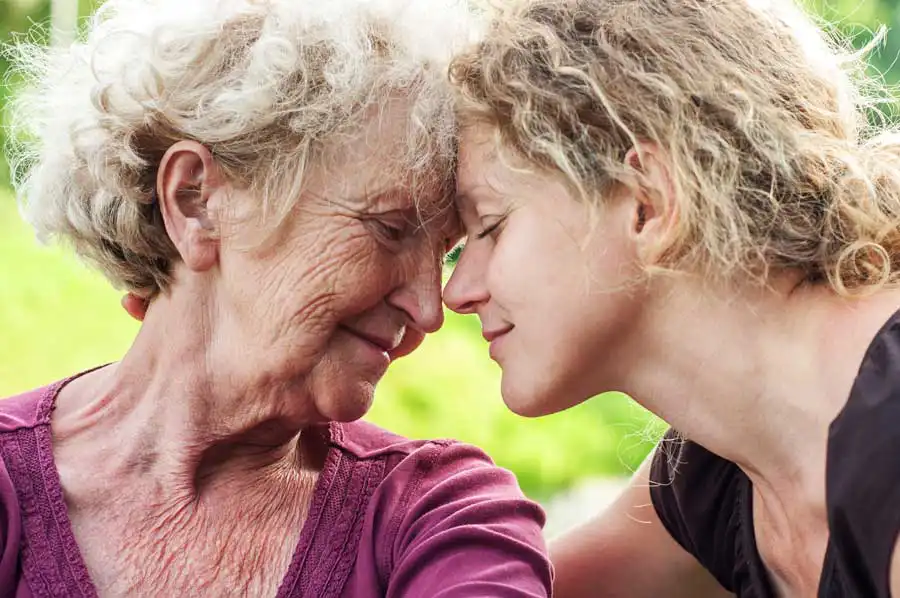Caring for a senior loved one can be incredibly rewarding. Still, it’s a challenging responsibility. Family caregivers often struggle to balance this role with other commitments like children, work, and relationships. Seeing a close relative’s health decline can also take a tremendous emotional toll on family caregivers and those around them.
If you’re a family caregiver, it may be difficult to notice when your loved one’s needs are becoming too great to manage alone. Changes usually happen steadily, which you might only realize once you’re burned out. Regularly reflecting on your relative’s developing needs is a great way to determine whether it’s time to consider home health, assisted living, or another senior care option that can support you both.
Here are seven signs your loved one may benefit from support beyond what you can provide as a family caregiver.
1. Poor Personal Hygiene. Maintaining good hygiene is vital for seniors’ self-esteem, confidence, and physical health. Have you noticed your loved one has a strong body odor, poor dental hygiene, or appears unusually unclean or unkempt recently? There are a whole host of reasons why a senior might be struggling with self-care, including lack of mobility, illness, incontinence, depression, or inability to complete activities of daily living (ADLs) like showering and laundry.
2. An Unusually Dirty or Untidy Home. Does your usually houseproud parent or relative suddenly have a home littered with unopened mail, dirty dishes, and clutter? An untidy or unclean home may indicate underlying cognitive decline, worsening physical health, or new mobility issues.
3. Altered Eating Habits. Has your parent or loved one lost significant weight recently, or have you noticed expired foods in their pantry or an empty refrigerator? Changes in weight and eating habits may suggest they struggle to shop for groceries, prepare food or cook meals independently.
4. Acting Out of Character. Many aging seniors experience depression, apathy, and lack of motivation at some point. If your relative has lost their spark, it may be a sign that they feel socially isolated, lonely, or defeated by physical ailments, worsening chronic health conditions, or declining mobility.
5. Unexplained Bruises or Injuries. If your loved one is developing unexplained bruises, they may be tripping, falling, or having accidents around the home. If their living environment is unsuitable and can’t adequately meet their needs, an assisted living setting with specially adapted facilities could be the ideal next step.
6. Isolation and Loneliness. Has your relative stopped going out and socializing with friends and family members, or have they recently lost their spouse or someone very close to them? If your loved one feels lonely, you might notice them calling you more often or appearing unusually somber.
7. Difficulties in Completing ADLs. Many of the above issues are rooted in a depleted ability to carry out essential ADLs like toileting, showering, getting dressed, taking medications, home maintenance, cooking, and eating. If you cannot offer the level of ADL support your loved one requires, consider the next steps in their care. It’s common for a senior’s needs to go beyond what a family caregiver can provide, and this doesn’t mean you aren’t doing everything you can to help.
A Final Point for Family Caregivers
When you’re a family caregiver, you must keep checking in on your physical, mental, social, and emotional health. If you’re overwhelmed, stressed, or unhappy due to the demands of care, your feelings matter, too.
Some common symptoms of caregiver burnout are:
- Feeling lonely or isolated from friends and family.
- Increased irritability or impatience.
- Gaining little satisfaction from being a family caregiver.
- Aches, pains, or injuries due to the physical demands of care.
- Lowered immunity – frequently catching illnesses like cold or flu.
- Often feeling drained and exhausted.
- Trouble sleeping, perhaps due to anxiety or stress.
If your loved one may benefit from professional senior care, search for the right caregivers or senior residential care community early. This way, you and your loved one will have plenty of time to decide on the right path and make an informed decision about their future care.
New Hope Senior Living
New Hope Senior Living is a luxury, 13-bedroom residential assisted living community in Hendersonville, TN. Residents benefit from private bedrooms and bathrooms, fresh and nutritious farm-to-table meals, plus daily social and recreational activities. Our charming home sits within 18 beautiful acres of private land, boasting a vibrant orchard and tranquil relaxation spots.
By choosing New Hope Senior Living, your loved one can feel supported to live a life of independence they deserve while receiving the support they need. In the meantime, you can create a better life balance without worrying whether your loved one is safe, healthy, and happy.
To find out how we support our senior residents and their valued family caregivers at New Hope Senior Living, visit us and take the opportunity to meet our team of professional caregivers and explore our beautiful grounds.

